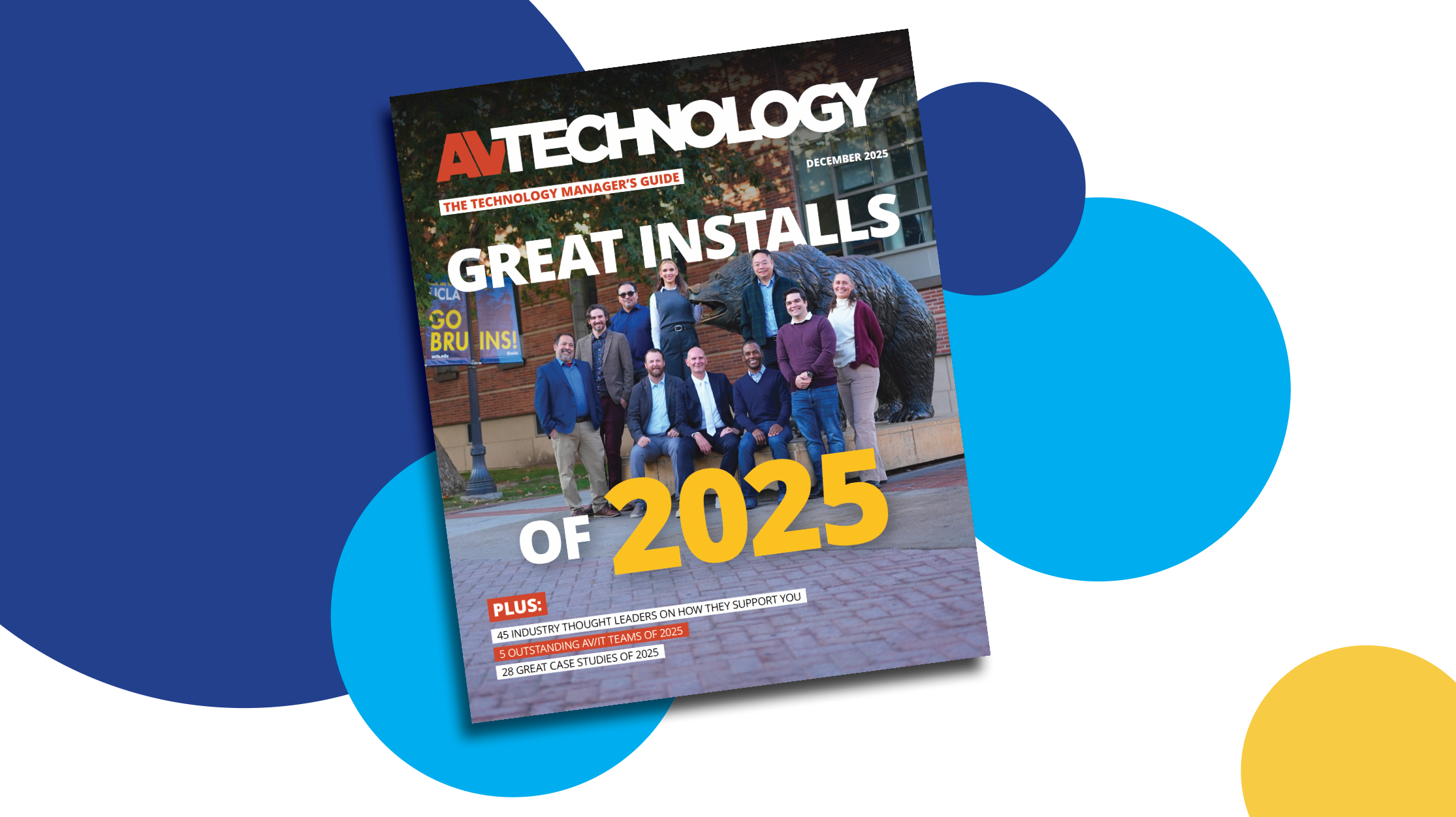On Hybrid Work 2024: HP
Beau Wilder, Global Head of Future Customer Experiences, Hybrid Work Solutions at HP, shares insight into trends that will play a role in hybrid workplace culture, space planning, and technologies in 2024.

AVT Question: Please share your insight into trends that will play a role in hybrid workplace culture, space planning, and technologies in 2024.
Thought Leader: Beau Wilder, Global Head of Future Customer Experiences, Hybrid Work Solutions at HP
The shift towards hybrid work environments has brought new challenges, but also opportunities for innovation and growth. According to HP’s 2023 Work Relationship Index, employees today want a say in the selection of work tools and technology, with only 25 percent confident in their company’s ability to implement the right tools for hybrid work. This gap can be bridged by offering personalized tech solutions that can boost employee engagement and productivity.
Artificial intelligence (AI) has emerged as a key component of today’s hybrid workforce." —Beau Wilder, Global Head of Future Customer Experiences, Hybrid Work Solutions at HP
Putting the employee experience first and providing optimal technology setups can make companies more efficient. The hybrid workplace requires a comprehensive approach that considers the diverse needs of a hybrid workforce, including changes in culture, office design, and space utilization, and the implementation of innovative technology.
Artificial intelligence (AI) has emerged as a key component of today’s hybrid workforce. HP’s AI-powered solutions are designed to augment the collaboration experience—not replace it. Take, for example, Poly DirectorAI technology, which automatically frames and captures a group or individual based on who is speaking in a meeting. Poly’s NoiseBlockAI and Acoustic Fence technologies also eliminate distracting background noise. These features help create a more natural and immersive meeting experience for those joining virtually.
In 2024, an organization’s success will hinge on its ability to adapt to the changing needs and workstyles of its employees. This will require a strategic focus on empowering employees, purchasing the right collaboration tools, and transforming workspaces to create an inclusive, productive, and innovative hybrid work culture.
A daily selection of features, industry news, and analysis for tech managers. Sign up below.

Cindy Davis is the brand and content director of AV Technology (AVT). She was a critical member of the AVT editorial team when the title won the “Best Media Brand” laurel in the 2018 SIIA Jesse H. Neal Awards. Davis moderates several monthly AV/IT roundtables and enjoys facilitating and engaging in deeper conversations about the complex topics shaping the ever-evolving AV/IT industry. She explores the ethos of collaboration, hybrid workplaces, experiential spaces, and artificial intelligence to share with readers. Previously, she developed the TechDecisions brand of content sites for EH Publishing, named one of the “10 Great Business Media Websites” by B2B Media Business magazine. For more than 25 years, Davis has developed and delivered multiplatform content for AV/IT B2B and consumer electronics B2C publications, associations, and companies. A lifelong New Englander, Davis makes time for coastal hikes with her husband, Gary, and their Vizsla rescue, Dixie, sailing on one of Gloucester’s great schooners and sampling local IPAs. Connect with her on LinkedIn.
